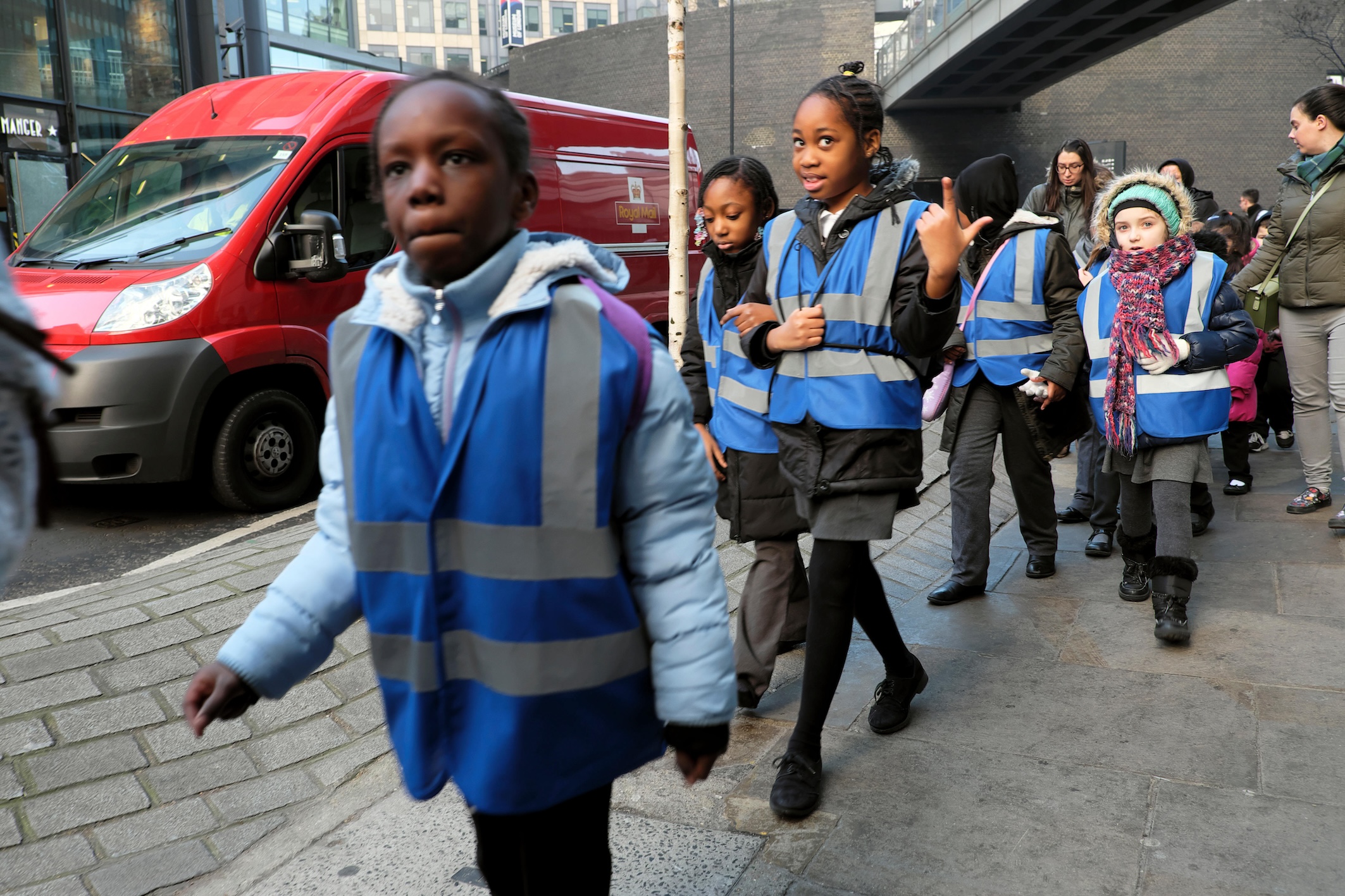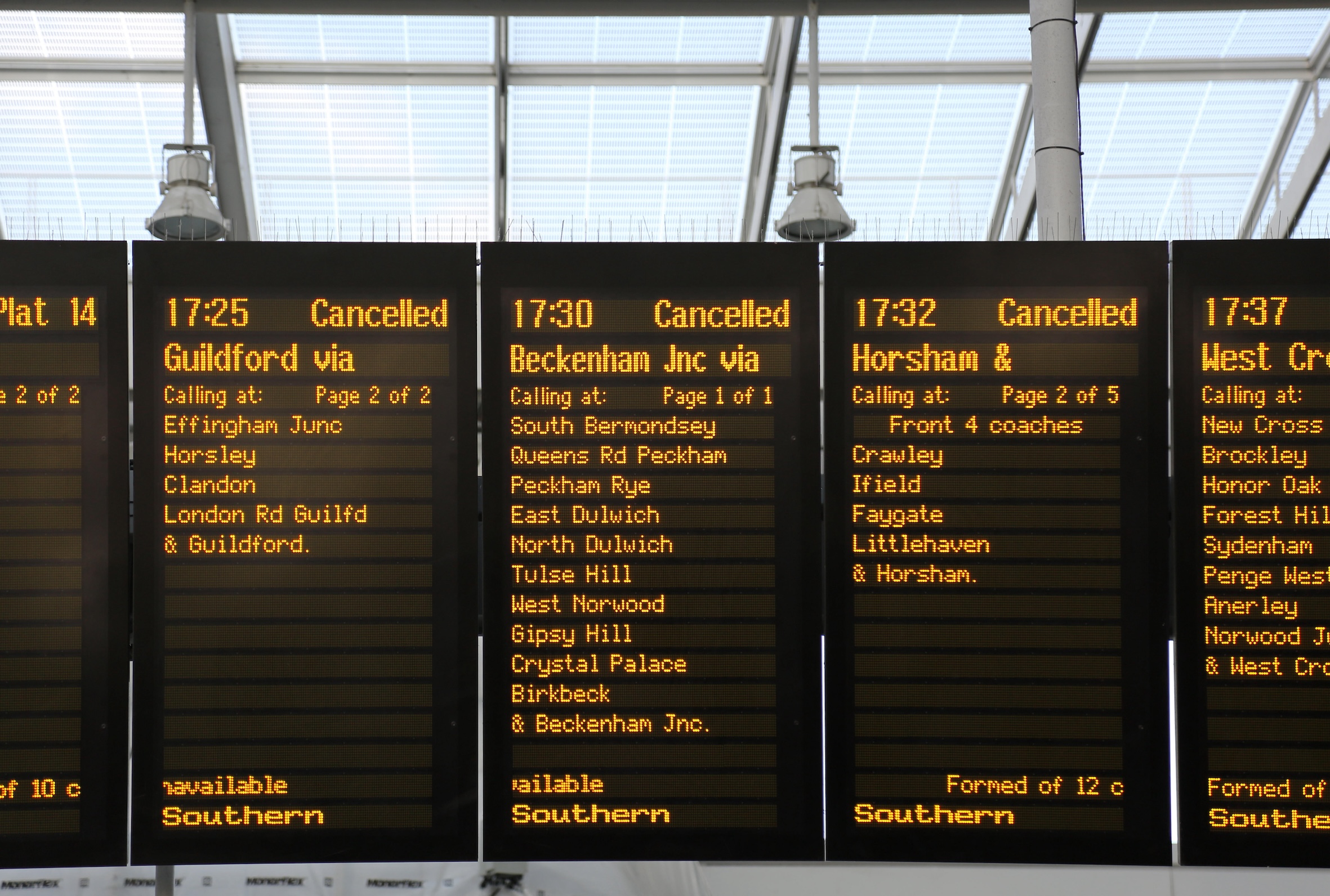Repairing housing is key to Britain’s economic recovery
Labour’s manifesto suggests it understands how a dysfunctional housing sector destroys lives, but do the party's commitments go far enough?
The perilous state of the UK housing market is an excellent example of the “housing theory of everything”. This nerdy idea, coined by economist Thomas Piketty, claims that housing underpins everything in a functioning economy and that if you fix the housing problem first, everything else – from wage growth to productivity, from tax take to children’s average educational attainment – will follow.
Right now, from the bottom to the top, housing is broken. Homeless people are being forced to move hundreds of miles from family and friends, while many are languishing in temporary accommodation for years on end. One in every 100 children in the country is homeless. Some London boroughs now spend almost 50 per cent of their budget on crisis accommodation. Last year, we sold more social housing than we built, and waiting lists are over a decade long. Despite government promises to the contrary, housebuilding rates are at record lows.
Rents in the private sector are rising 12 per cent a year, and tenants can still legally be evicted as a form of revenge for requesting a repair. Due to high mortgage rates, landlords are selling up, making the supply of rented housing even smaller. Our social housing is in poor condition; one toddler even died from respiratory problems caused by damp and mould.
For homeowners, things look no better. Prices continue to rise, pushing many out of ownership altogether. Mortgages have become harder to get, and even harder to repay. Those with a home cannot afford to move because stamp duty is expensive. Those in leasehold properties are trapped by rising ground rents and service charges over which they have no control. Those in shared ownership deals have become prisoners in their unaffordable homes.
Sort all that out, and maybe things will improve. The Conservatives' promises – particularly to build enough new homes, abolish leasehold altogether, and get rid of Section 21 no-fault evictions for private tenants – were delayed or trashed during the last parliament.
Their manifesto for a fourth term offers little change to this sluggish response to a spiralling crisis. It mentions 1.6 million new homes, but there is no commitment to affordability. There is nothing said about homelessness, the responsibility for which is now bankrupting local government. Strangest of all, Sunak pitches for a renewed Help to Buy, offering access to ownership with just a 5 per cent deposit, even though multiple studies confirm that all Help to Buy has done is push up house prices for everyone.
Labour has engaged more seriously with the housing crisis in its manifesto, though it still needs the crucial details people want to trust that things will change under Starmer. He promises 1.5 million new homes for sale to help young people on the housing ladder and to relax planning restrictions to build on the “grey belt” – land in the green belt that is anything but precious, such as car parks or patches of wasteland. He has promised new towns and a return to local housing targets, forcing councils to get on with the job of building.
In a direct attack on the Tories’ sluggishness, Labour also commits to scrapping leasehold and no-fault evictions immediately, promises echoed by the Liberal Democrat manifesto, which is also ambitious on housebuilding; it promises ten new garden cities. The Green Party meanwhile lobbies for full rent control: a policy which sounds attractive but introduces perverse incentives, and in almost every recent trial scheme in Europe has resulted in rents rising faster than the national average. Labour is right to dodge it.
Labour’s manifesto suggests it understands how poor housing – or lack of it – destroys lives. Its policies for the poorest are a welcome note of compassion: a comprehensive plan to end homelessness is a policy the party has introduced successfully in the past and can do so again.
Yet all parties need to address the scale of this country's housing problem. Building new homes, even at the promised rates, won’t be enough if many of them are for outright sale by private developers or let out by housing associations at “affordable rent”: 80 per cent of market value, which is utterly unaffordable to the majority.
We stand at a democratic precipice. This is a moment where a serious engagement with the housing crisis could be an entry point to solving many other problems that dog our communities and unravel the lives of the poorest and most vulnerable citizens. However, all party manifestos lack a housing theory of everything, and are weaker for it.
The Lead is now on Substack.
Become a Member, and get our most groundbreaking content first. Become a Founder, and join the newsroom’s internal conversation - meet the writers, the editors and more.





